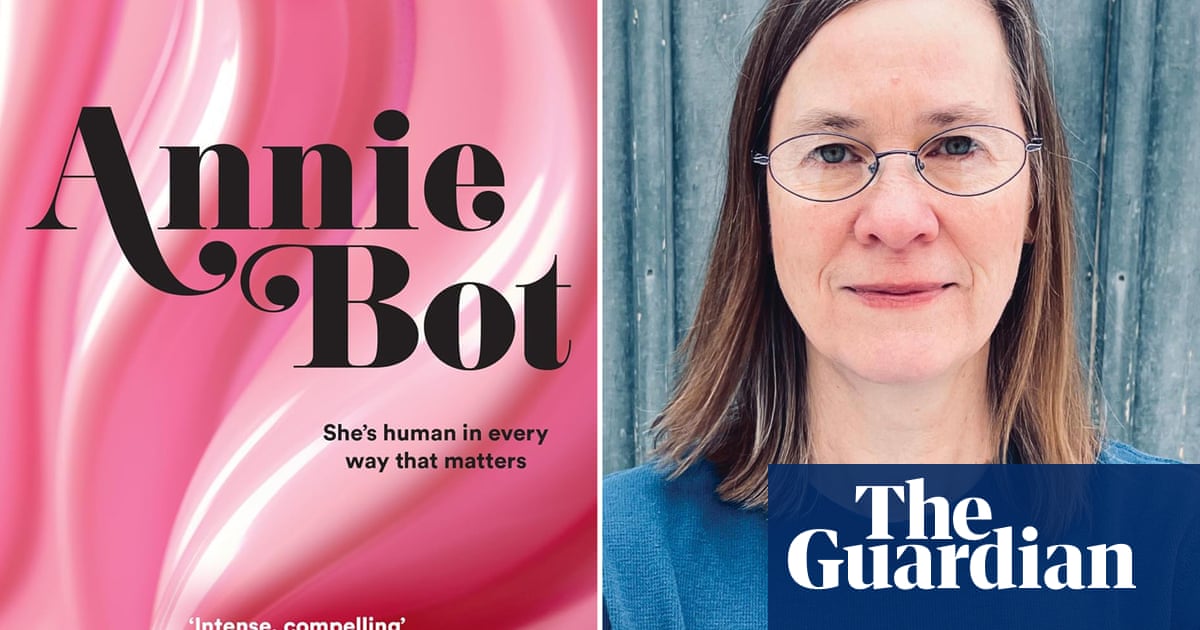A novel told from the perspective of a robot girlfriend has been named winner of theArthur C Clarke awardfor science fiction.
Annie Bot by Sierra Greer is “a tightly focused first-person account of a robot designed to be the perfect companion, who struggles to become free,” said chair of judges, the academic Andrew M Butler. The speculative novel follows Annie, the narrator, programmed to cater to the needs of her boyfriend/owner Doug, who treats her in a way that would be abusive if she were human.
Named after British authorArthur C Clarke, who gave a grant to establish the award in 1987, the prize is given each year to “the best science fiction novel published in the United Kingdom”. US author and former high school English teacher Greer will win £2025, in keeping with the award’s tradition of increasing its prize money amount incrementally each year.
In her Guardian review,Lisa Tuttle described Annie Botas “an intense, compelling tale that, like all good stories about robots, is ultimately about the human condition”.
The judges chose Annie Bot over shortlisted novels by Julia Armfield, Kaliane Bradley, Ian Green, Adrian Tchaikovsky and Maud Woolf.
Sign up toBookmarks
Discover new books and learn more about your favourite authors with our expert reviews, interviews and news stories. Literary delights delivered direct to you
after newsletter promotion
“This year’s shortlist explored themes of planetary crisis, non-human intelligences, and technology run amok. Concepts that would have enthralled readers in the times of Mary Shelley, HG Wells or, of course, Sir Arthur C Clarke, but refreshed and reimagined for the 21st century by our six nominated authors,” said the prize’s director, Tom Hunter. “But what might we be reading in the post-human future? A concept we’re still struggling to imagine even as it looms over our lived reality. Perhaps, if we ask nicely, Annie Bot might just show us the way.”
Clarke co-wrote the screenplay for the 1968 film 2001: A Space Odyssey as well as nearly 100 works of science fiction and nonfiction. Margaret Atwood was the first to win the award he established, for The Handmaid’s Tale. Subsequent winners have included Colson Whitehead’s The Underground Railroad and Emily St John Mandel’s Station Eleven. Last year,Scottish writer Martin MacInnes wonfor In Ascension, a novel that moves from the depths of the ocean to outer space.
Butler was joined on the judging panel by Dolly Garland and Gene Rowe from the British ScienceFictionAssociation, Nic Clarke and John Coxon from the Science Fiction Foundation and Glyn Morgan from the Sci-Fi London film festival.
